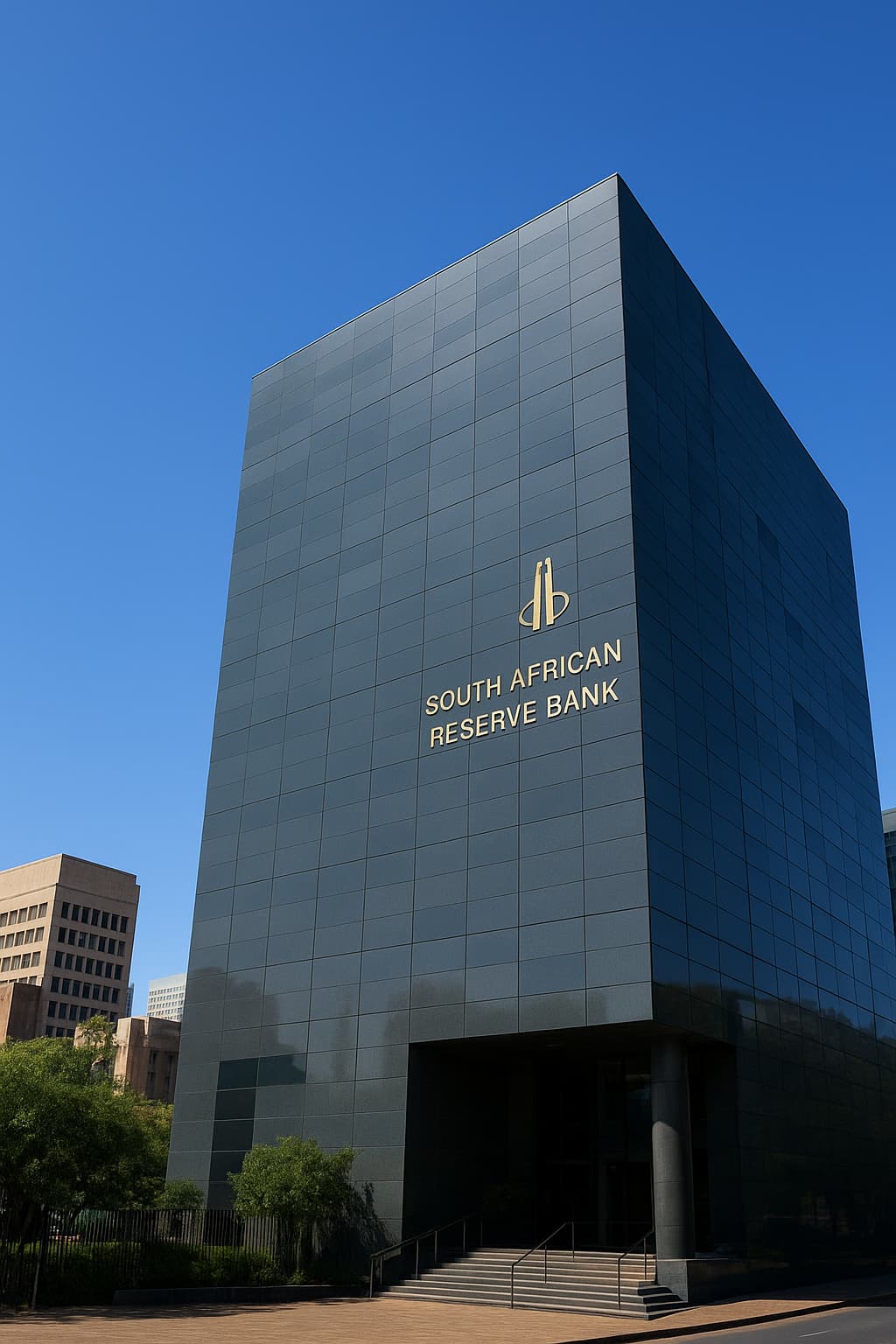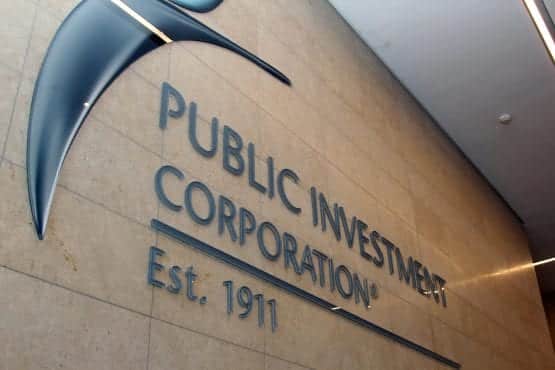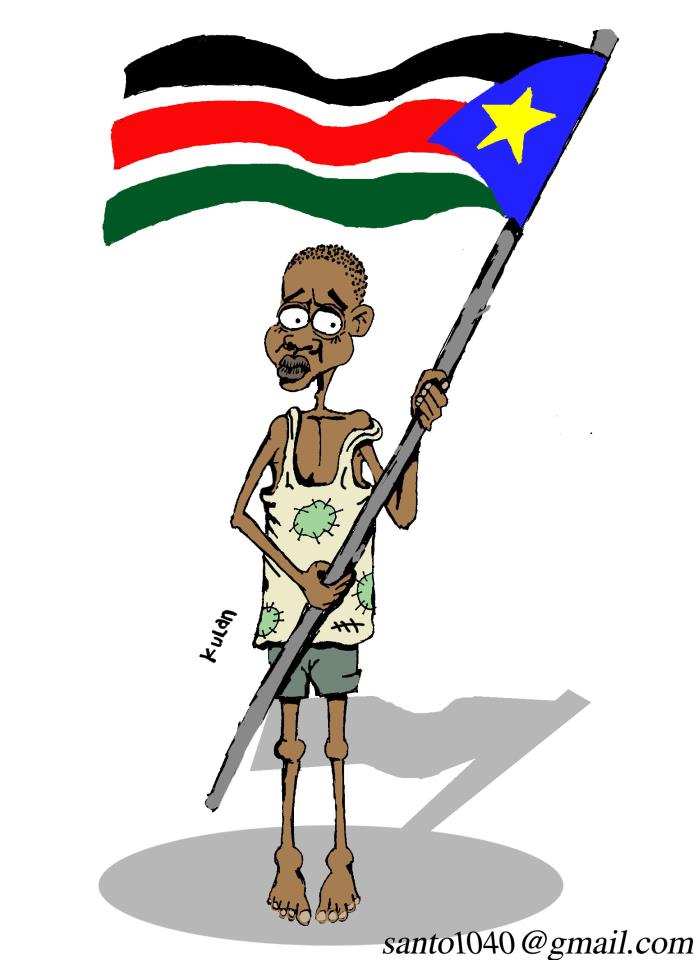Landmark Development in JSE Censorship Lawsuit
In a landmark development that could redefine corporate accountability and transparency across Africa, the JSE censorship lawsuit has taken center stage in the legal battle unfolding in the Mantengu High Court. At the heart of the Mantengu vs JSE court filing is the contentious issue of shareholder transparency, with allegations that the Johannesburg Stock Exchange has systematically suppressed vital information, stifling shareholder rights and public scrutiny. This high-profile case promises to shed light on alleged JSE misconduct proof that has been a point of contention for investors and governance watchdogs alike.
Allegations of Suppressed Information
The lawsuit, filed by a coalition of shareholders and advocacy groups, accuses the JSE of intentionally censoring critical information that could have influenced investment decisions and shareholder votes. This shareholder transparency fight seeks to hold the exchange accountable for what the plaintiffs describe as a betrayal of trust that undermines the integrity of the financial market. The stakes are high, as the Mantengu High Court case challenges not only the JSE’s internal policies but also calls into question the broader regulatory environment that governs corporate disclosure practices in South Africa.
JSE Censorship And Evidence of JSE Misconduct
Court documents reveal a pattern of alleged cover-ups and obfuscations, with plaintiffs bringing forward what they claim to be concrete JSE misconduct proof. These include instances where the exchange purportedly failed to disclose substantial risks and conflicts of interest in listed companies, thereby misleading investors. As the Mantengu vs JSE court filing progresses, legal experts are closely watching the proceedings, which could set a precedent for how stock exchanges across the continent handle transparency and accountability.
Potential Implications for Shareholder Rights
The implications of this case extend beyond the immediate parties involved. Should the court find in favor of the plaintiffs, it could prompt a wave of reforms aimed at bolstering the rights of shareholders and enhancing the flow of information in financial markets. Moreover, a ruling against the JSE could encourage similar lawsuits across other jurisdictions, fueling a broader movement towards greater corporate governance and ethical financial practices.
Awaiting the Court’s Verdict
As the courtroom drama unfolds, stakeholders are keenly awaiting the court’s decision, which could have far-reaching consequences for the financial sector. The JSE censorship lawsuit is not just a legal confrontation; it is a pivotal moment in the ongoing struggle for transparency and accountability in Africa’s financial institutions. The outcome of the Mantengu High Court case will undoubtedly resonate across the continent, potentially transforming the landscape of shareholder rights and corporate governance in the years to come. For more details, visit Africa Trade Monitor – Economy & Trade.




